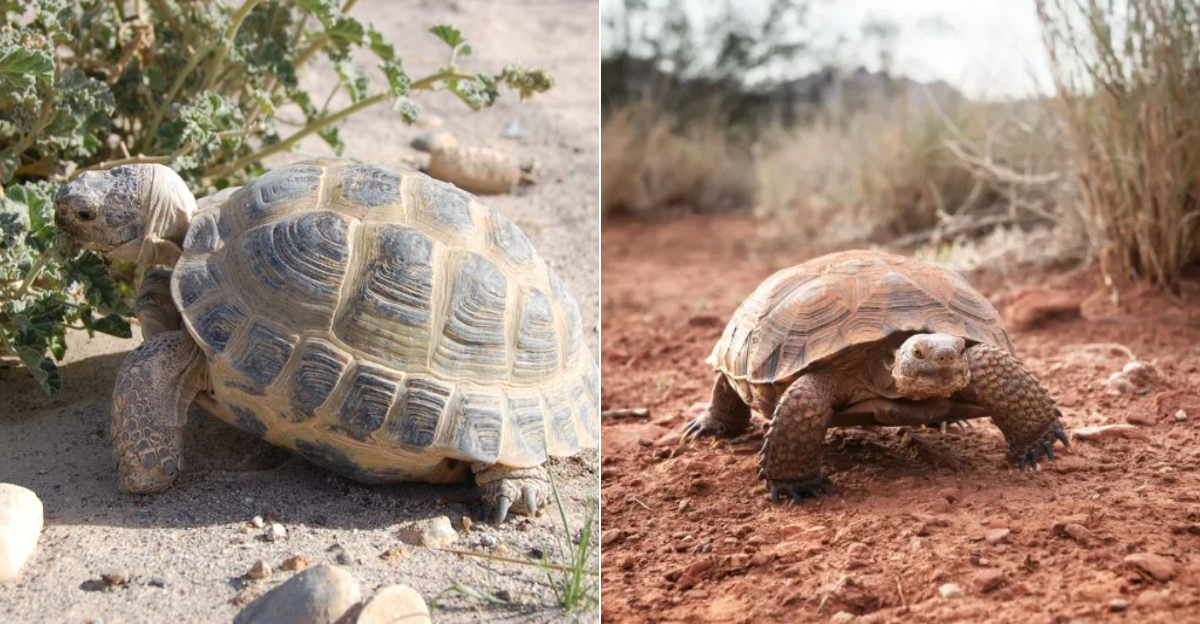Tortoises make fantastic pets for those seeking a long-lived, low-maintenance companion with tons of personality.
These shelled friends thrive in specific climates that mimic their natural habitats – warm, dry, and with plenty of sunshine.
While many states can accommodate tortoise ownership with proper indoor setups, some locations naturally provide ideal conditions that make tortoise care much easier and more enjoyable for both you and your reptilian buddy.
1. Arizona
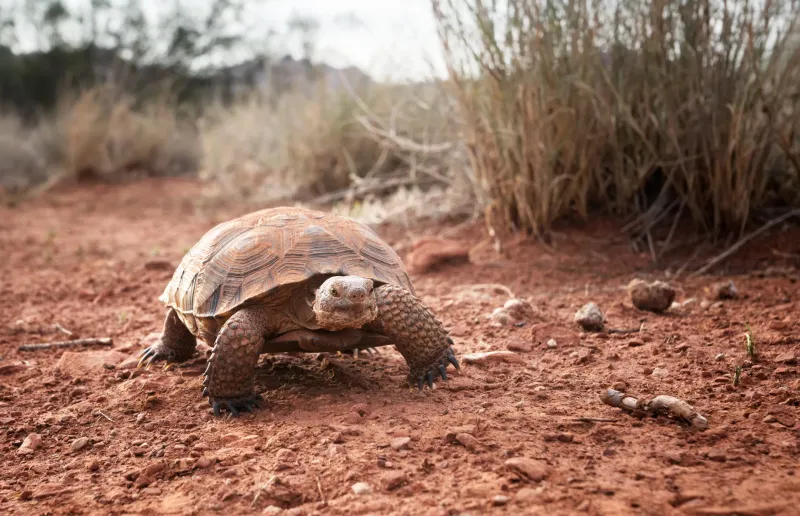
The Grand Canyon State reigns supreme in the tortoise-keeping world! With its hot, arid climate mimicking the natural habitat of many tortoise species, Arizona offers the perfect backdrop for these prehistoric pals to thrive. Desert tortoises are even native to the region, making it a no-brainer top choice.
The state’s consistent sunshine means your cold-blooded buddy can bask year-round without expensive heat lamps eating up your electric bill. Many Arizona communities even have tortoise clubs where enthusiasts gather to swap care tips.
The Phoenix Herpetological Society runs adoption programs for desert tortoises, connecting these charming creatures with loving homes across the state.
2. California
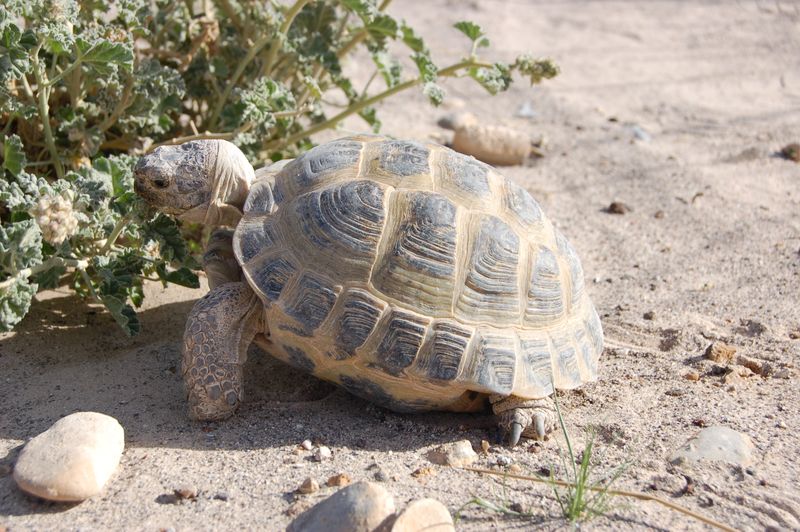
California’s diverse microclimates create multiple tortoise-friendly zones, especially in southern regions where temperatures rarely dip below tortoise comfort levels. The state’s Mediterranean climate mimics parts of Europe and North Africa where many popular pet tortoise species originate.
California tortoise keepers benefit from a robust reptile community with specialized vets, rescue organizations, and even tortoise-specific laws protecting native species. The California Turtle and Tortoise Club, founded in 1964, offers resources and regular meetings for enthusiasts.
California’s native desert tortoise is the official state reptile, showing just how tortoise-friendly this west coast wonder truly is!
3. Texas
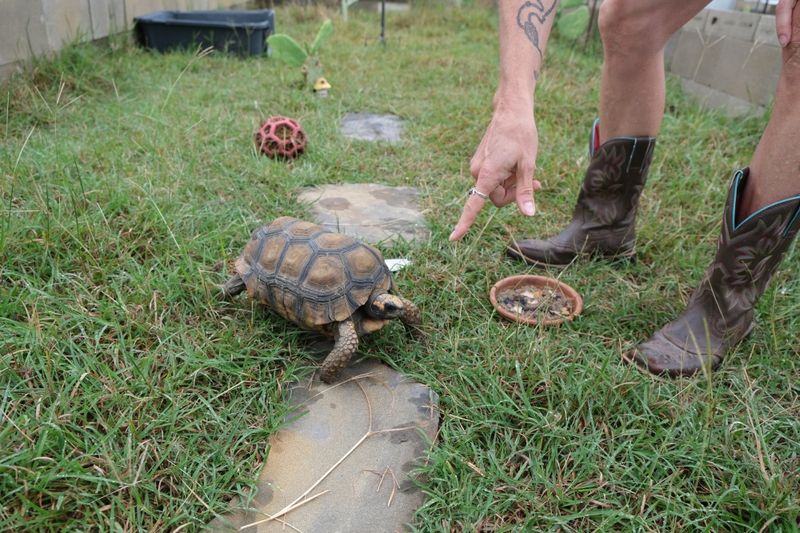
The Lone Star State’s southern regions offer ideal conditions for these slow-moving companions with hot summers and mild winters. Texas tortoises, a protected native species, remind us that these reptiles naturally belong in this landscape.
Many Texan tortoise enthusiasts create spacious outdoor enclosures where their shelled friends can roam freely most of the year. The state’s abundant sunshine means natural vitamin D production, essential for healthy shell development. Rural properties with large yards provide ample space for tortoise exploration.
Did you know? Texas A&M University offers specialized veterinary services for exotic pets including tortoises, making expert care accessible across the state.
4. Florida
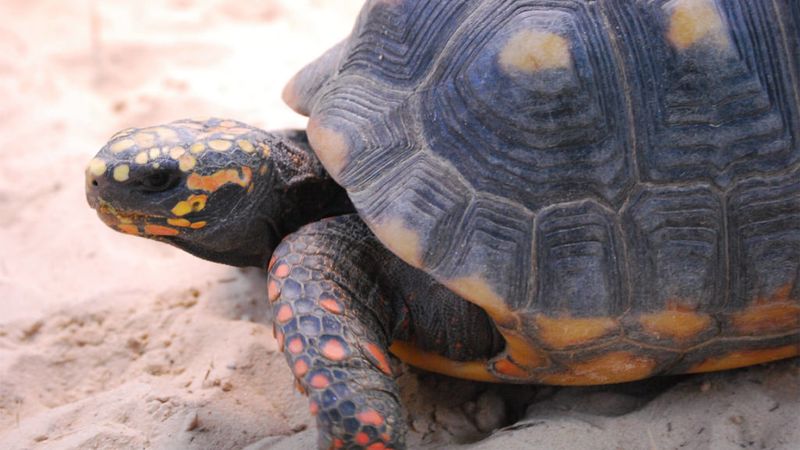
The high humidity and warm temperatures create ideal conditions for tropical tortoise species that appreciate a more moisture-rich environment than their desert-dwelling cousins. Morning dew provides natural hydration opportunities that tortoises love.
Florida’s sandy soil allows these natural diggers to create their own retreats when they need a break from the sun. The state’s year-round growing season means fresh tortoise-friendly plants are always available for munching. Many Florida residents maintain beautiful outdoor tortoise gardens with edible landscapes.
Florida’s popularity has led to some non-native tortoise species becoming established in the wild, so responsible ownership is crucial. Always secure your enclosures and never release pet tortoises!
5. Nevada
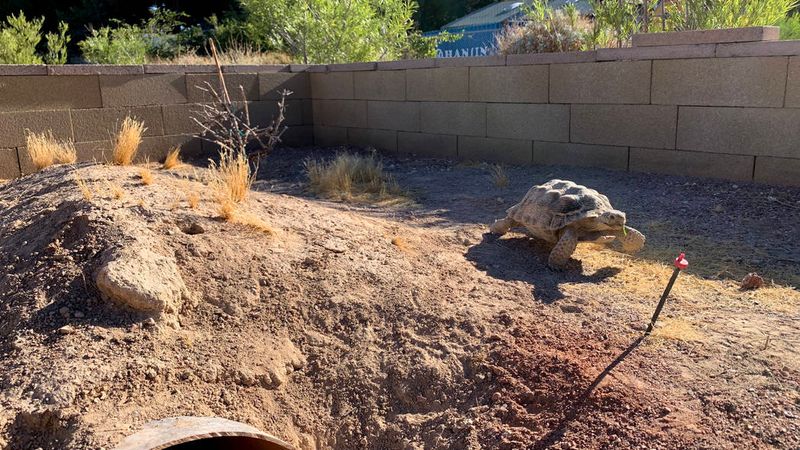
This desert state provides near-perfect conditions for arid-adapted tortoise species with its low humidity and abundant sunshine. The Las Vegas area in particular has embraced tortoise keeping, with many residents creating stunning desert-themed enclosures.
Nevada’s mild winters (in southern regions) mean shorter indoor hibernation periods compared to colder states. The dry climate reduces common tortoise respiratory issues that plague owners in humid areas. Local nurseries often stock tortoise-safe plants, making habitat creation easier.
The Mojave Max emergence contest has school children guessing when a famous Nevada desert tortoise will emerge from brumation each spring—turning tortoise behavior into educational fun!
